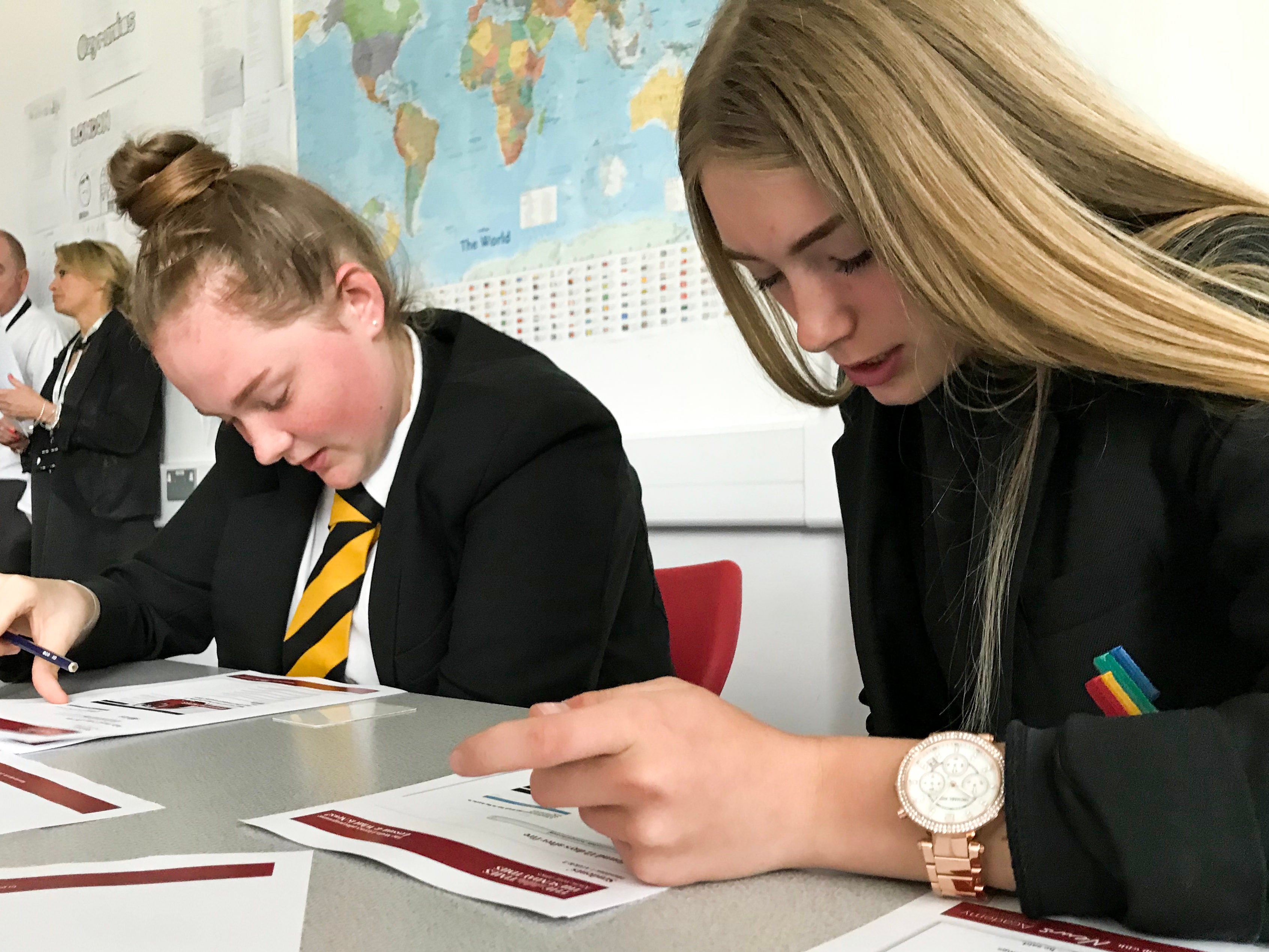
The Times and The Sunday Times have announced the launch of a free media literacy programme that will teach children how to spot “fake news”.
Times owner News UK says the programme is the first of its kind in the UK, and will be available to all secondary schools, colleges and sixth forms.
Students will be exposed to real stories, research and investigations by journalists at The Times and The Sunday Times.
They “will learn how to navigate and think critically about the news they consume and what sources earn their trust,” said a spokesperson.
The term “fake news” rose to prominence throughout the 2016 US Presidential Election campaign, during which false claims about candidates were circulated on social media with the intention of influencing voters.
Examples included the Pope endorsing Donald Trump’s candidacy and that Hilary Clinton was involved in child sex ring run from a pizza restaurant – both claims having been entirely fabricated.
The news industry broadly agrees that fake news is defined as news based on lies that are designed to misinform for political or commercial gain (or both).
Damian Collins MP, chairman of the Digital, Culture, Media and Sport Select Committee, who is leading the UK’s fake news inquiry, said: “Increasing media literacy is key in the fight against fake news and disinformation.”
He added: “I commend The Times and The Sunday Times on the work they are doing to educate young people on these important issues.”
The programme is already being trialled at ten schools, where students are taught to spot the differences between verified, fake and satirical news, and to understand the role of social media in news circulation.
Head of school programmes at the National Literacy Trust, Fiona Evans, said it comes at a time when “the way young people experience news is changing rapidly”.
She added: “Our recent parliamentary commission uncovered a dangerous deficit in the critical literacy skills young people need to navigate our digital world and identify fake news.”
A student at Marsh Academy in Kent, who has taken part in one of the scheme’s trials, said: “I’ve learnt that people can be quite sly online… I’ve learnt to question everything.”
Emma Tucker, The Times’ deputy editor, told BBC Radio 4 yesterday that media literacy skills ought to be on the national curriculum for all students.
Media and Journalism teacher Catherine Davies teaches at Salford College where the programme has been piloted.
She said the course had “opened the students’ eyes to the world of fake and satirical news”, adding: “The variety of genuine news stories have engaged the students and sparked conversations about how they read, verify and share news.”
A student at Folkestone Academy, who has taken part in the trial run, said: “I used to think if someone said it was news, it was real. Now, I question it and ask if it is fake, real or even satire.
“I use the journalists’ questions from the programme, like ‘who is making the claim?’ ‘What claims are they making?’ and ‘how can you double check?’.”
The programme is launched in partnership with News UK’s News Academy, an initiative that invests in the next generation of journalists.
It will provide schools with comprehensive teaching materials, briefing notes and interactive exercises, as well as a free subscription to The Times and The Sunday Times.
UK secondary schools, sixth forms and colleges can sign up online for the media literacy programme, which will be freely available from September this year.
Picture: News UK
Email pged@pressgazette.co.uk to point out mistakes, provide story tips or send in a letter for publication on our "Letters Page" blog
